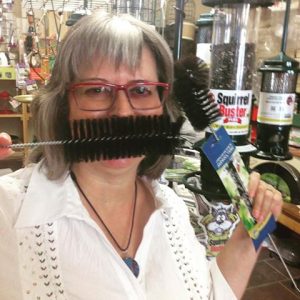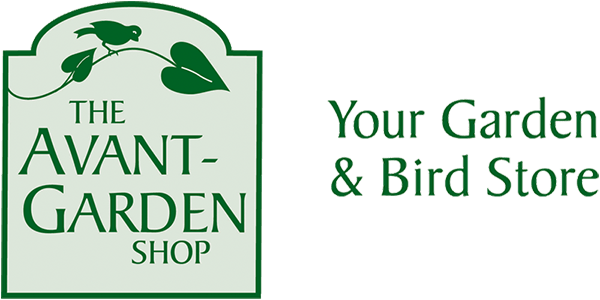CHEX TV airdate: Friday Sept. 1st
Click link to watch this episode on our YouTube channel
 Cleaning your bird feeders is very important to keep your birds healthy and coming back for more. Tune into this episode or read further to learn more about what you should be doing!
Cleaning your bird feeders is very important to keep your birds healthy and coming back for more. Tune into this episode or read further to learn more about what you should be doing!
Cleaning your bird feeders
Moldy or decomposing seeds and hulls that accumulate on feeder trays can make birds sick. Bird droppings and other contaminants may also spread infectious bird diseases. Clean your feeders about once every two weeks, more often during times of heavy use or wet weather or if there have been reports of salmonella in your area or you have seen sick birds in your yard.
To clean your feeder, take it apart and use a dishwasher on a hot setting or hand wash either with soap and boiling water or with a dilute bleach solution (no more than 1 part bleach to 9 parts water). Rinse thoroughly and allow it to dry before refilling.
Clean the ground below your feeders, too, to prevent a build-up of hulls, uneaten seeds, and other waste. Moldy or spoiled food is unhealthy both for birds and for your outside pets. And bird food scattered on the ground can attract unwanted rodents.
Maintaining Hummingbird Feeders
Change sugar water at least every 3 to 5 days to prevent mold and deadly fermentation, and more frequently during hot weather. Clean feeders at least once a week with hot water and a bottle brush. Don’t use soap or a detergent. You can also clean hummingbird feeders by filling with a dilute bleach solution, but make sure to rinse them thoroughly and allow them to air dry before refilling.
Don’t put oil or other sticky substances around feeding ports to deter bees; you might contaminate the nectar. If bees, wasps, or ants become a problem, try moving the feeder, or adding an ant moat.
